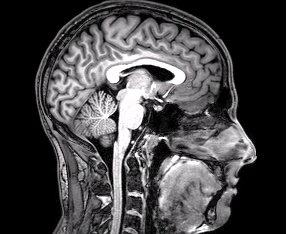We need to talk numbers. Ten years from now, all of America’s 74 million aging baby boomers will be 65 or older. People on the oldest end of the spectrum will be close to 85. By 2025, the number of seniors will outnumber children 13 or older.

How the Aging Baby Boomers are Going to Change 2020
These numbers are important. Our society will have to change, and these numbers will have an impact on a variety of things.
Caring for Seniors
We’ve been talking for a long time about how there will not be enough care to go around for the older population. While this is a stressful situation, it’s oddly because of a good thing.
People have never lived so long before.
Even with scientific advances, there is still a lot of things to worry about. Things like costs, workforce, and service delivery arrangement will be strained under the baby boomer’s numbers. Families with aging loved ones will also be under pressure. The average family will not be able to afford quality care.
Speaking of care, the workforce has been an issue for a long time. Being in the senior care field is hard mentally, emotionally, and physically. A lot of the time, the pay is on the lower end. So the people who are there are either extremely dedicated or they leave after a while.
By 2025, we will need 7.8 million workers, and many jobs may go unfilled.
Living Longer
As mentioned before, people are living longer than ever. On the other side of the coin, the older you get, the more vulnerable you are healthwise.
Can we extend the healthy lifespan along with our regular lifespan?
For example, Japan has the healthiest older population in the world. Many people, 70 and older, still have a healthy and active lifestyle. Currently, the US, it’s we tend to go downhill around 68.
Luckily, Americans as a whole have been exercising more and eating better. So hopefully, this will increase our healthspan.
Changing Society’s Infrastructure
This part is key. We need to change how we do things in the country to provide proper care. Experts are hoping for transportation to be easier to get, being able to affordably modify homes for aging at home, and creating more programs that allow older and younger people to interact.
Also, integrating technology will be crucial in this process, as well.
Creating “age-friendly” communities is already in motion all over the country and will only get bigger.
Getting Older Isn’t Bad
America, as a whole, tends to have a negative attitude towards aging, and that needs to change. The World Health Organization has already launched a global campaign to fight ageism.
Experts think the sheer amount of baby boomers will force changes in attitude.
Advances in Science
Science has been making leaps and bounds in the past decades, and it will only go farther. The most significant impact could be around dementia and Alzheimer’s research.
Read more here.




















